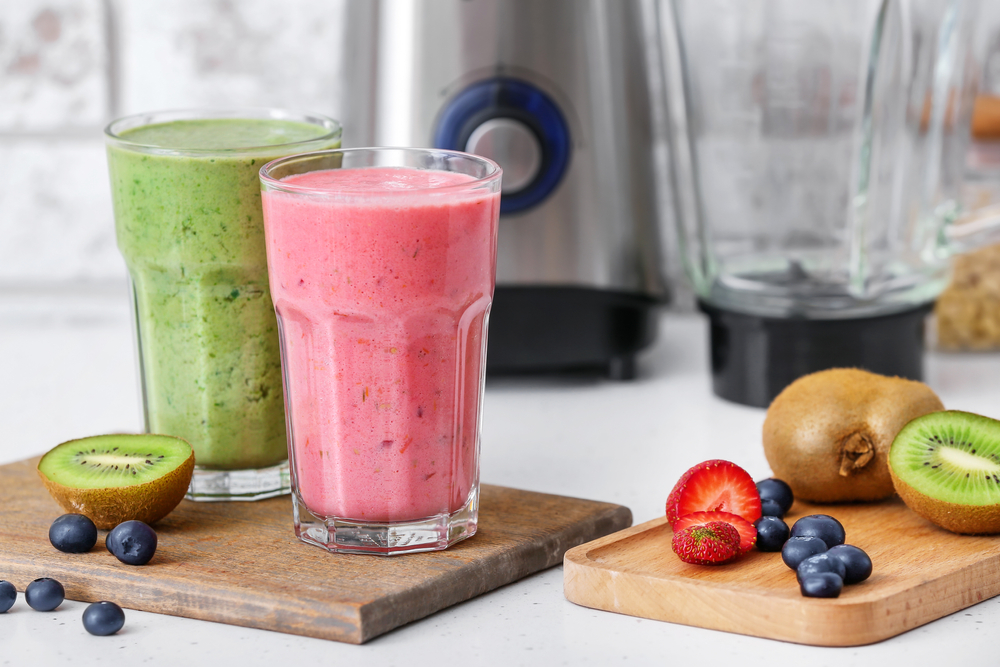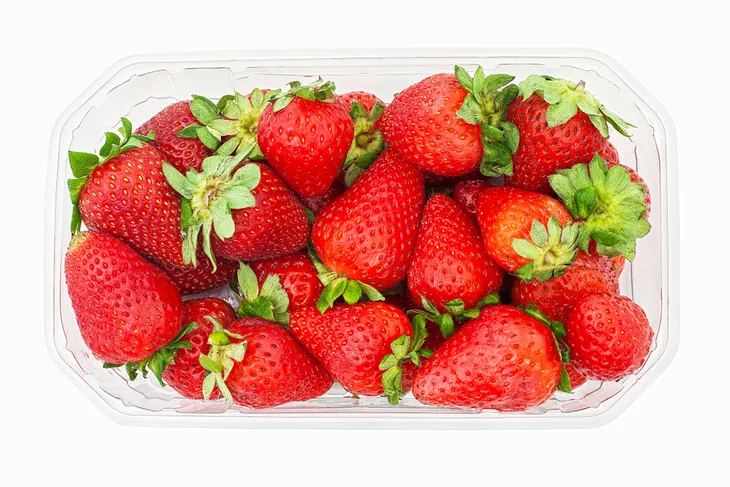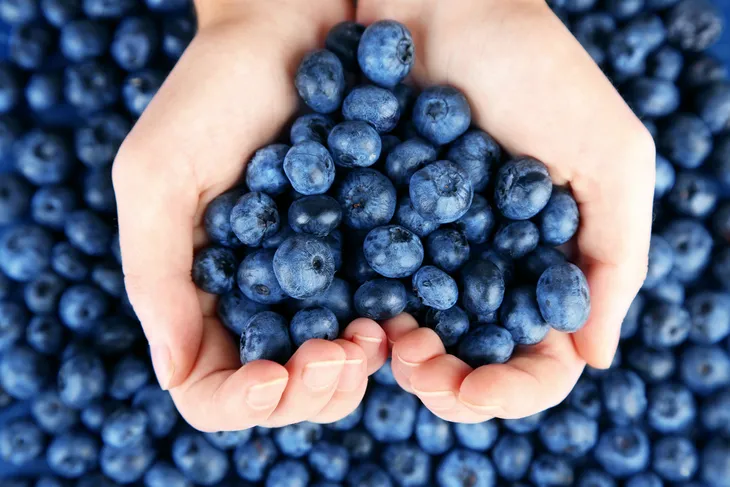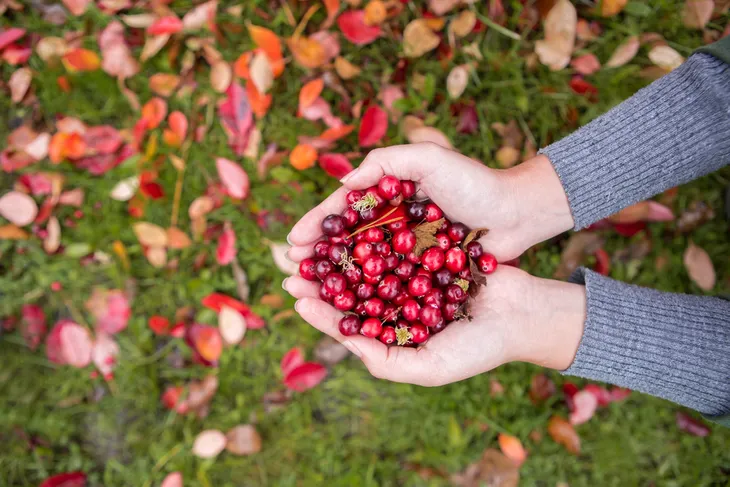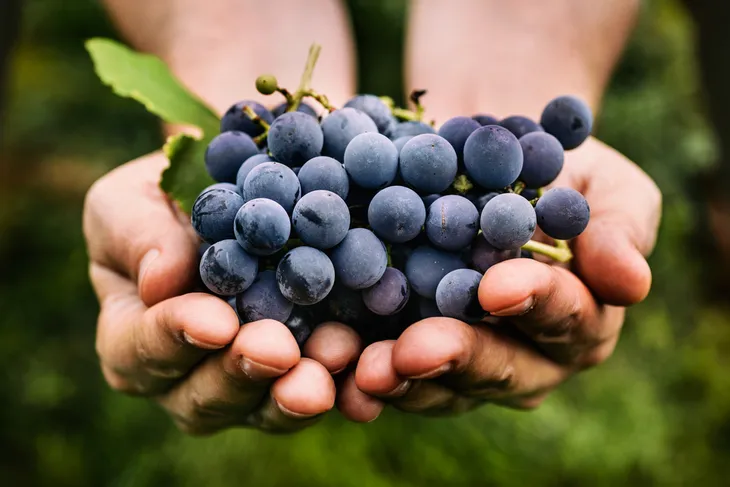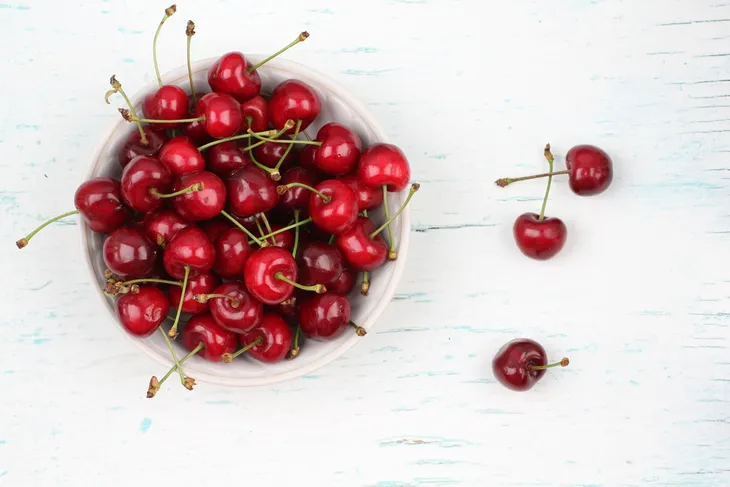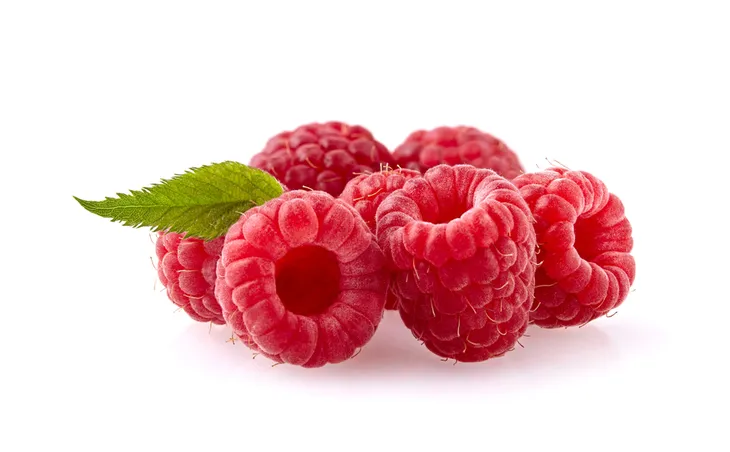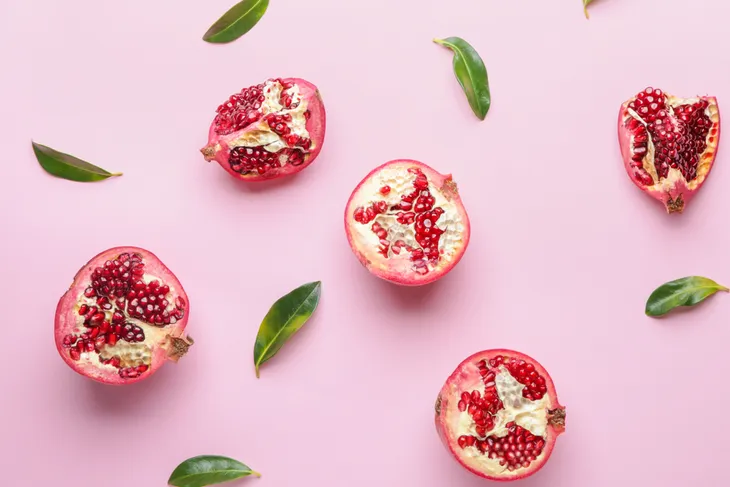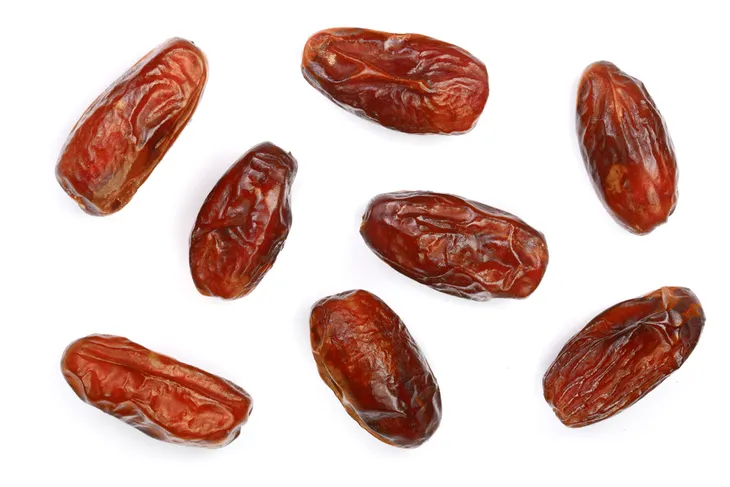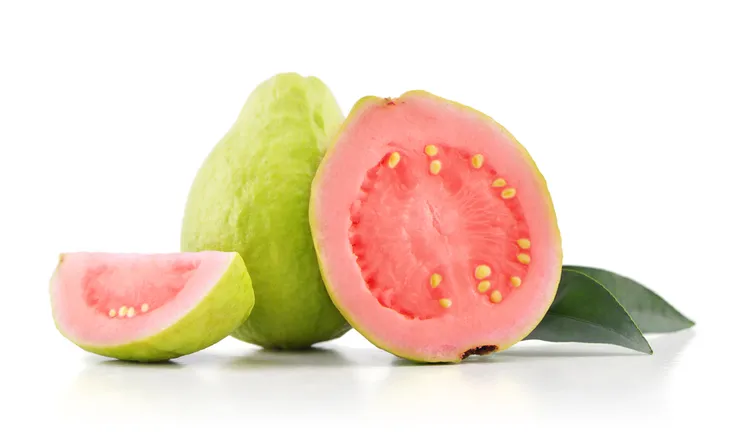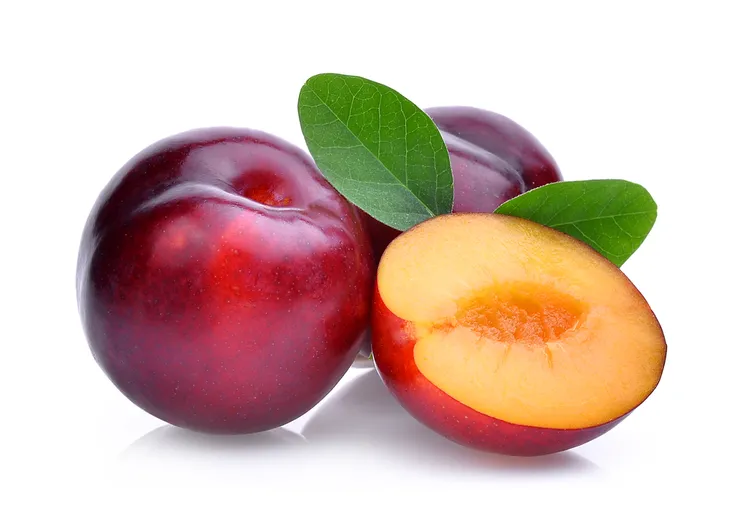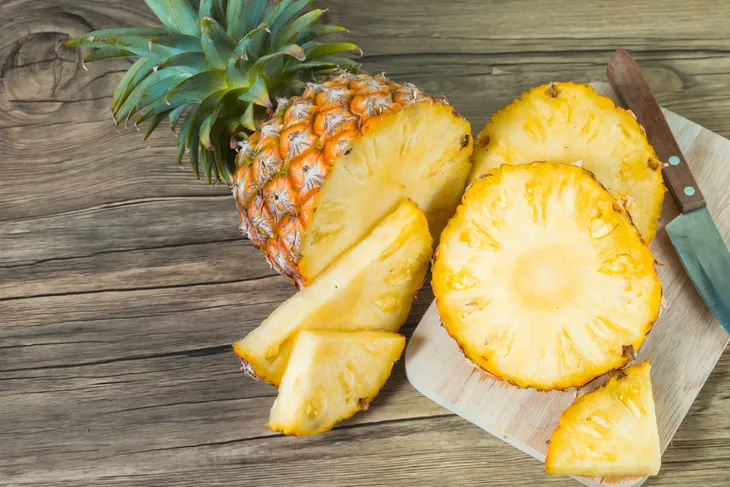If you’re starting a new weight loss program or just looking to feel better on a day-to-day basis, it’s a good idea to pack more fruit in to your diet. A diet rich in fruit can reduce the risk of stroke and other cardiovascular issues, including type 2 diabetes.
Beyond that, fruit is filled with fiber, which can keep you feeling full and keep you from indulging in less healthy food items. That’s why experts recommend all of us eat at least two cups of fruit every single day. But which fruits are the best for us? Let’s take a look…
Strawberries
Like other fruits, strawberries are high in fiber and low in calories and fat (specifically, one cup of strawberries contains just 50 calories while offering three grams of fiber). They also contain lots of antioxidants, which can help protect our bodies against cellular damage inflicted by freed radicals.
The high fiber content in strawberries helps with feelings of fullness and can lower low-density lipoprotein (or “bad”) cholesterol levels. Strawberries are also loaded with phytonutrients, or special plant chemicals shown to prevent disease and ward off environmental health dangers.
Blueberries
Delicious, beautiful blueberries are one of the healthiest food items you can eat. They’re widely regarded as an all-star food because they contain antioxidants capable of preventing disease by preventing free radicals from damaging the body’s cells.
Blueberries get their color from antioxidants known as anthocyanins, which have been shown to play a critical role in the prevention of various types of cancer. Beyond that, new studies have suggested that blueberries can prevent devastating cardiovascular disease, including stroke. They may even help prevent neurodegenerative disorders, like Alzheimer’s disease.
Cranberries
The cranberry is a unique fruit. Not only does it have a tart taste that sets it apart, but it can also help in the prevention of urinary tract infections (UTI). A number of recent studies have shown that regularly consuming cranberries can lower the risk of developing a UTI by preventing bacteria from clinging to the cells lining the bladder.
Beyond that, cranberries are packed with antioxidant properties known to prevent various diseases, including heart disease. Cranberries are also known to help lower low-density lipoprotein levels, ensuring our “bad” cholesterol stays at a manageable level.
Grapes
Grapes are just about everywhere these days – they can be found in juice, wine, and make an excellent addition to any fruit and cheese platter. But they’re also packed with phytonutrients shown to contain protective, disease-fighting compounds.
Grapes also contain resveratrol, a polyphenol antioxidant synthesized by the grape plant and known for its antifungal properties. Resveratrol has been shown by numerous studies to lower the risk of heart disease by limiting lipid oxidation and manipulating levels of lipoproteins in the human body.
Oranges
Oranges are packed with flavor, which is why they make excellent additions to just about any dish. But they’re also an amazing source of vitamin C, a powerful antioxidant that can help protect the body against damaging free radicals.
Oranges (and other citrus fruits) are also an excellent source of flavonoids, antioxidants that can neutralize free radicals and prevent the development of cardiovascular disease. Flavonoids have also been shown to help with blood flow, limiting the risk of blood clots and spikes in low-density lipoprotein levels.
Cherries
Cherries are a sweet, fun-to-eat fruit – that’s probably why 370 million pounds of them are grown every single year in the United States. But they’re also incredibly healthy, as they offer powerful antioxidants that can help prevent serious disease.
Sweet cherries are particularly good for our health, as they contain quercetin, a potent antioxidant known to be particularly effective in warding off disease. Cherries also contain fiber, vitamin C, carotenoids, and anthocyanins – all of which have been shown to limit the risk of cancer.
Raspberries
Raspberries are incredibly sweet, which makes them an excellent addition to any food item. But they’re also great for our health, as they offer high levels of the phytochemical anthocyanin, which has been shown to assist in the fight against cancer, aging, inflammation, and neurodegenerative disease like Alzheimer’s.
Fresh raspberries also contain a healthy load of vitamin C, a powerful antioxidant that helps the human body fend off infectious agents and free radicals. In addition, raspberries contain vitamin A and vitamin E and provide potassium, copper, iron, and magnesium.
Pomegranate
There’s a reason many health experts now recommend we eat more pomegranate. For one, it’s an excellent source of soluble and insoluble dietary fibers, which can help in the digestive process. Fiber’s also key in keeping us feeling full, which helps prevent indulging in less healthy food items.
But that’s not all – pomegranate is also an excellent source of Granatin B and Punicalagin, both of which have been shown to reduce the risk of heart disease by preventing free radicals from building up in the body.
Dates
Got a sweet tooth but don’t want to eat sugar-laced foods like candy or chocolate? Then try dates, which contain simple sugars like fructose and dextrose. Dates are also packed with dietary fiber, which helps keep us feeling full and assists in the ever-important digestive process.
Dates are also an excellent source of vitamin A, which has been shown to maintain healthy mucus membranes and skin. Vitamin A can also reduce the risk of lung and oral cavity cancers. Finally, dates contain lots of potassium, which has been shown to help regulate heart rate and blood pressure.
Guava
There’s a good chance you’ve never heard of guava, which is grown in Central America and has only recently become popular in the United States and Canada. But it’s a great-tasting fruit that is deeply rich in dietary fiber, which keeps us feeling full and helps us digest food. It’s also packed with vitamin C, which helps us ward off infectious agents and free radicals.
The pink version of the guava fruit is also rich in lycopene, which can limit the damage cause to our skin by exposure to ultraviolet rays. Lycopene can also help in the fight against prostate cancer.
Plums
If you’re looking for a fruit with a tart but intensely sweet taste, look no further than the plum. It’s low in calories and contains no saturated fat but boasts a range of healthy compounds.
For one, plums are high in dietary fiber, meaning they’ll keep you feeling full a lot longer than most other foods. Second, they’re a great source of vitamin A, which can improve eye sight and keep our skin feeling smooth and healthy. Finally, plums are a great source of iron, which is necessary for red blood cell formation.
Pineapple
There’s no denying that pineapple is one of the sweetest, most delicious fruits available. But it’s also incredibly healthy because it’s packed with vitamin C, which can help prevent the spread of infectious agents and free radicals.
Pineapple is also useful because it contains an enzyme known as bromelain, which assists in the digestions process by helping break down proteins in our food. Bromelain is also known for its anti-inflammatory, anti-clotting, and anti-cancer properties. As if that’s not enough, pineapple is a good source of thiamine, riboflavin, copper, manganese, and potassium.
